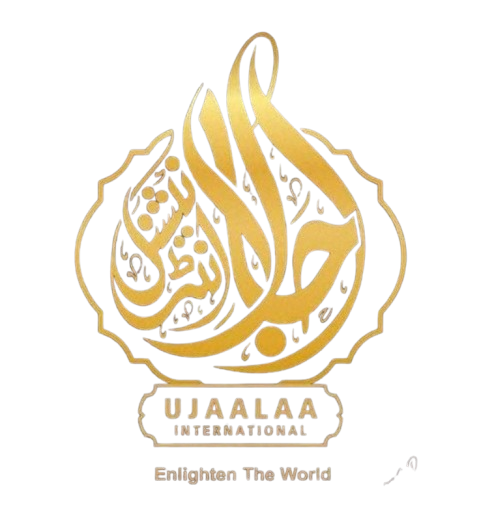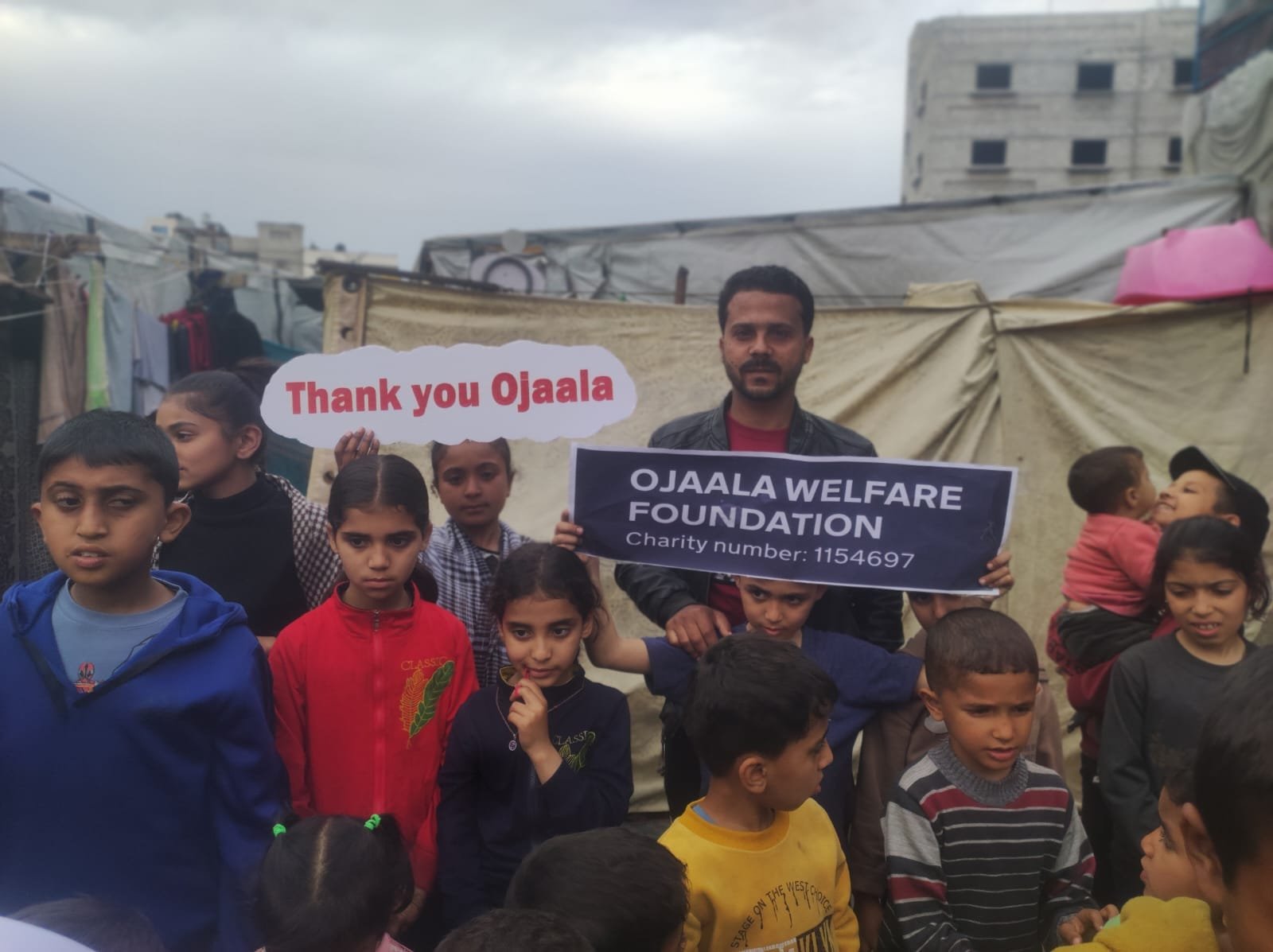Sadaqah, the voluntary charity given by Muslims, holds a significant place in Islam. It is not just an act of kindness; it is a means of purifying one’s wealth and enhancing spiritual growth. The importance of giving Sadaqah and its impact on wealth is deeply rooted in Islamic teachings, and its benefits extend far beyond financial aid for the needy.
The Importance of Sadaqah in Islam
Sadaqah, derived from the Arabic word “Sadaqa,” meaning charity or voluntary donation, is highly encouraged in Islam. The concept is based on the idea that wealth is a blessing from Allah, and it should be used to help others, particularly those who are less fortunate. In the Quran, Allah commands believers to give in charity as a means to purify themselves, help others, and seek His pleasure.
- A Means to Gain Allah’s Blessing: Giving Sadaqah is a way to earn Allah’s pleasure and reward in this world and the Hereafter. Allah promises that those who give charity will receive rewards many times over (Quran 2:261). The act of charity strengthens the bond between the individual and Allah and acts as an expression of gratitude for the blessings one has received.
- A Purification of the Heart: Sadaqah also plays an essential role in purifying the heart. By giving away a portion of one’s wealth, a person is reminded of the impermanence of material possessions and is encouraged to remain humble and selfless. It diminishes attachment to wealth and materialism, shifting the focus towards spiritual well-being.
- A Way to Help the Needy: One of the most significant aspects of Sadaqah is its direct impact on the welfare of others. Whether it’s food, clothing, money, or even a kind word, Sadaqah serves as a support system for the poor, orphans, widows, and others in need. It ensures that the most vulnerable members of society are cared for, reducing poverty and inequality.
How Sadaqah Purifies Wealth
In addition to the benefits of helping those in need, Sadaqah is also viewed as a means of purifying one’s wealth. Islam teaches that wealth is a test from Allah, and how it is used can either bring blessings or cause harm. Giving Sadaqah helps purify wealth in several ways:
- Purification of Wealth from Greed and Arrogance: Wealth can easily become a source of arrogance and pride. However, when Muslims give charity, they acknowledge that their wealth is not entirely their own. It is a gift from Allah, and sharing it helps reduce pride and cultivate humility. Sadaqah, therefore, cleanses the heart from the negative effects of greed and arrogance.
- An Act of Spiritual Cleansing: The act of giving charity cleanses the giver’s soul by freeing them from the selfish desires to hoard wealth. In Islam, every wealth has a right, including the right of the poor and those in need. By giving Sadaqah, Muslims fulfill their duty and purify the wealth they possess, ensuring that it is used in a manner pleasing to Allah.
- Increases Barakah (Blessings) in Wealth: It may seem counterintuitive that giving away wealth would increase it, but in Islamic teachings, the opposite is true. Sadaqah brings barakah or blessings into a person’s life. The Prophet Muhammad (PBUH) said, “Charity does not decrease wealth.” (Sahih Muslim). When a person gives with a sincere heart, their wealth becomes blessed, and it will often return to them in ways that are beyond their imagination, whether through increased prosperity, good health, or protection from misfortune.
- Reduces the Negative Impact of Sin: Sadaqah acts as an expiation for one’s sins. The Prophet Muhammad (PBUH) said, “Sadaqah extinguishes the sins just as water extinguishes fire” (Tirmidhi). By giving Sadaqah, one can seek forgiveness for mistakes, ensuring that their wealth remains pure and free from the negative consequences of sinful behavior.
Types of Sadaqah
Sadaqah can be given in various forms, and it doesn’t necessarily have to be money. Acts of kindness, good deeds, or providing useful knowledge are also considered forms of Sadaqah. For example:
- Sadaqah Jariyah: This refers to ongoing charity, where the benefit continues even after the donor’s death. Examples include funding educational institutions, building wells, or creating healthcare facilities. The reward for such charity continues to accumulate over time.
- Sadaqah for Personal Benefit: Donating food, clothing, or money directly to the needy or contributing to community initiatives are ways to give Sadaqah that provides immediate relief.
Conclusion
In conclusion, Sadaqah is not just an act of charity; it is an essential part of a Muslim’s spiritual journey. Giving Sadaqah purifies wealth, helps individuals grow spiritually, and fosters a sense of community by helping those in need. It is a means of gaining Allah’s blessings, reducing attachment to material possessions, and ensuring the well-being of society as a whole. The more we give, the more we open ourselves to the immense rewards that Allah promises to those who are generous in His name.

